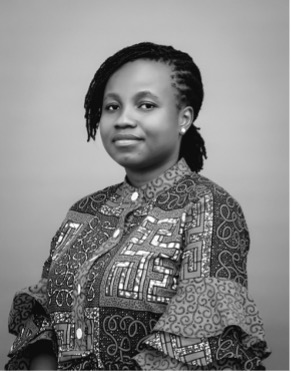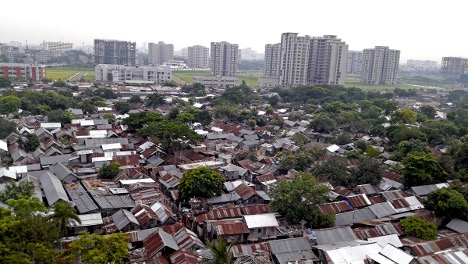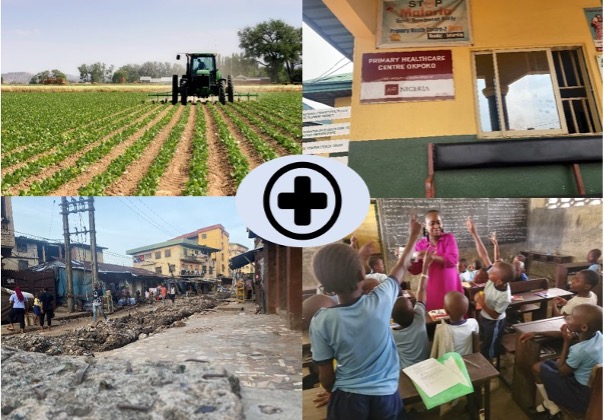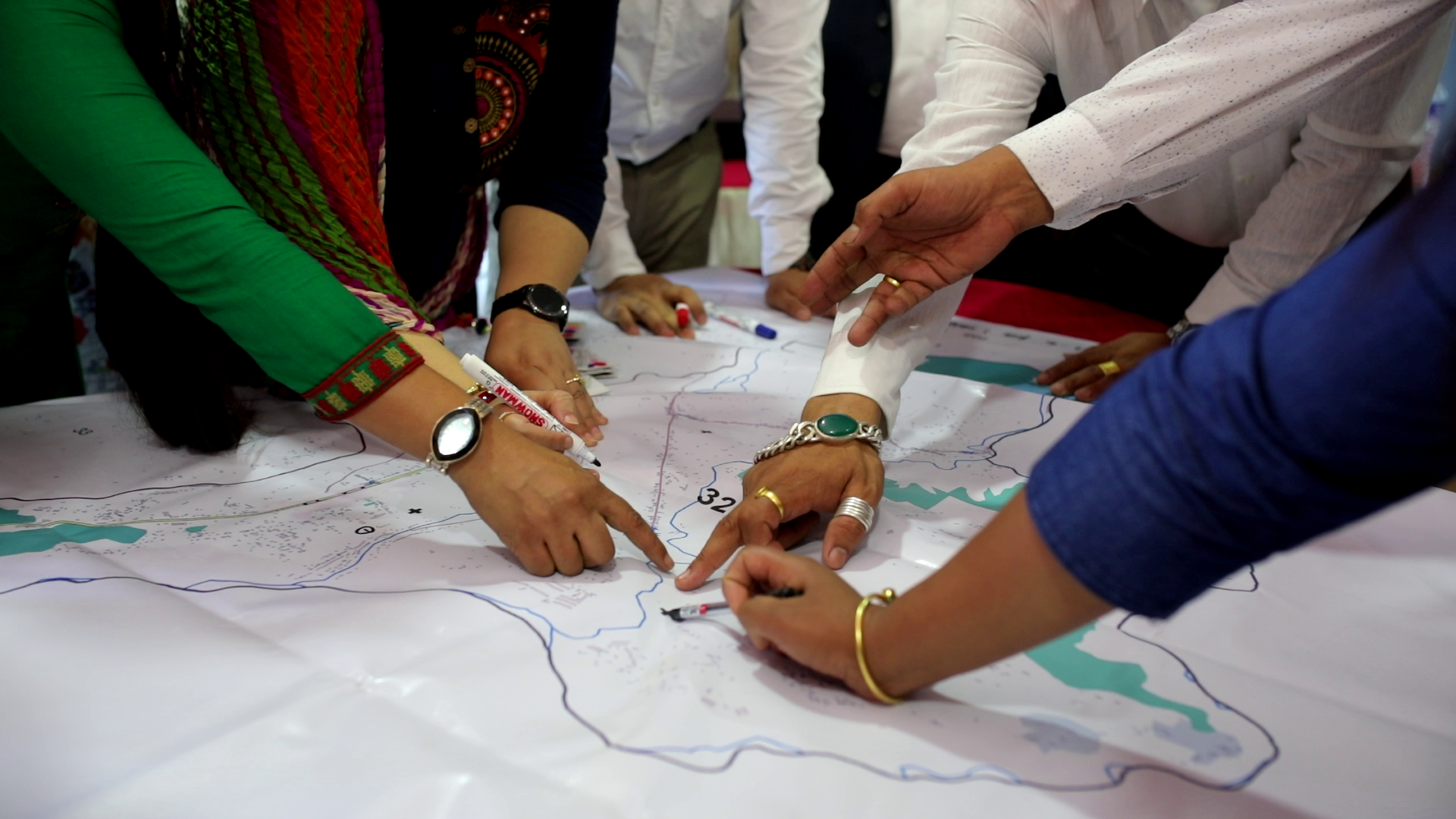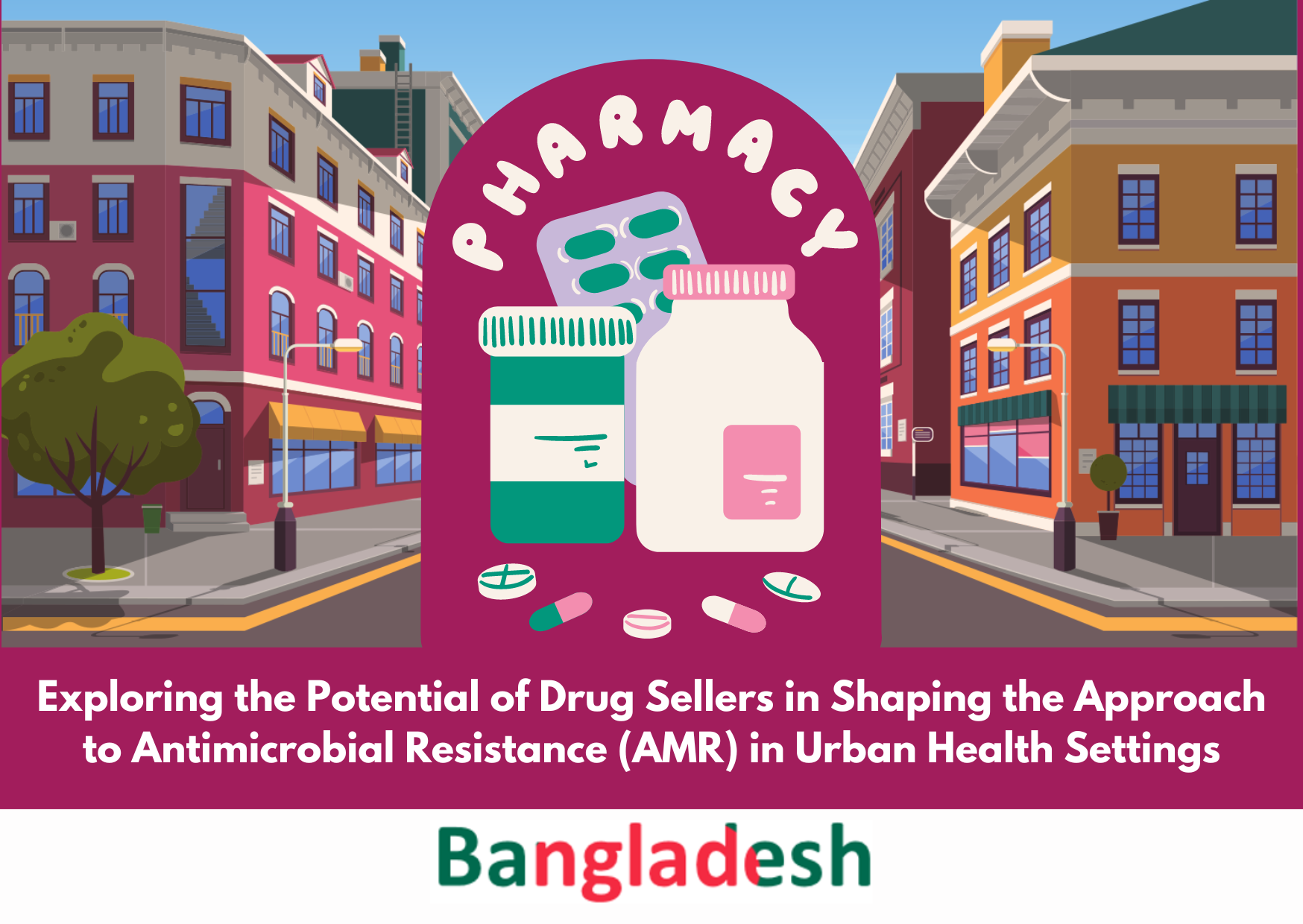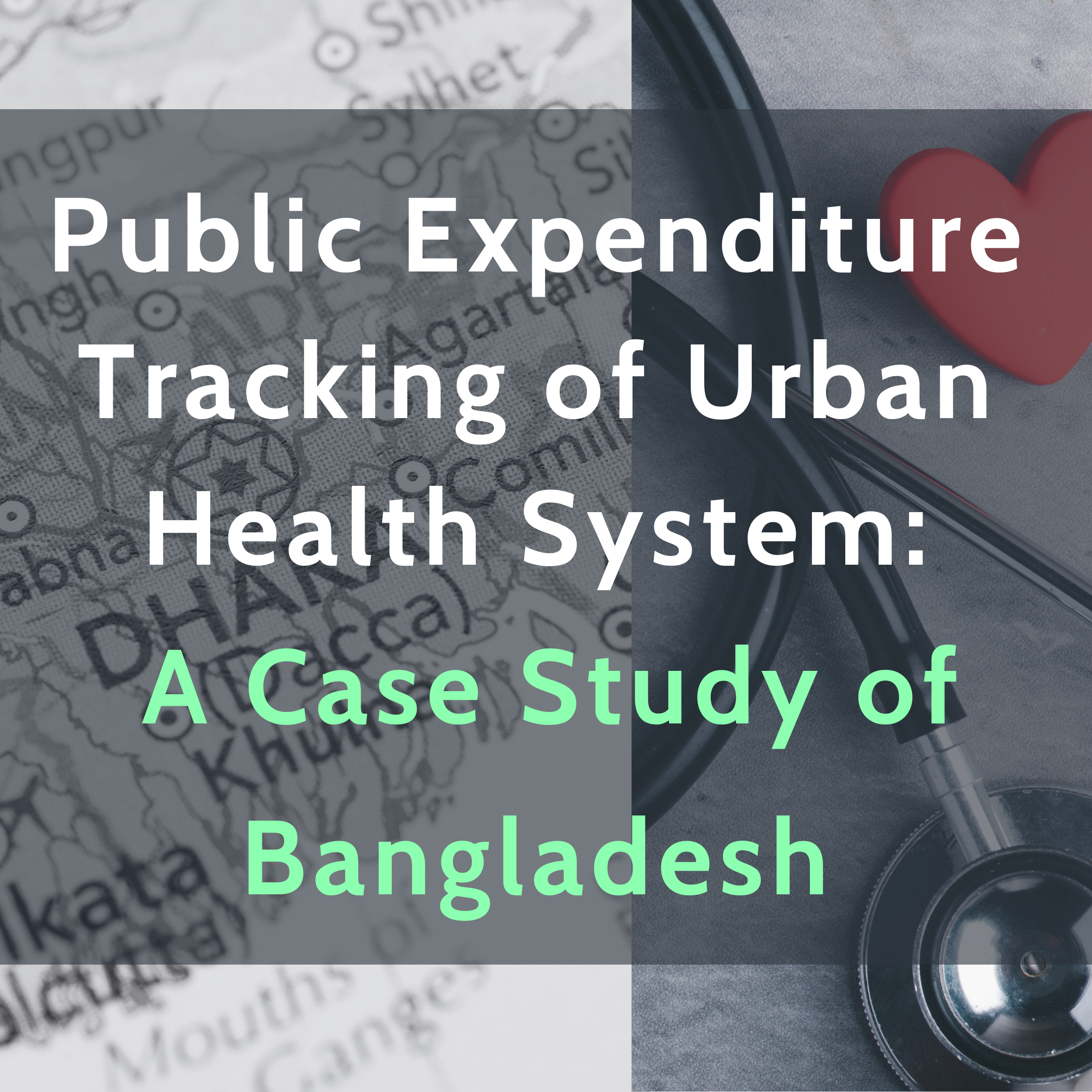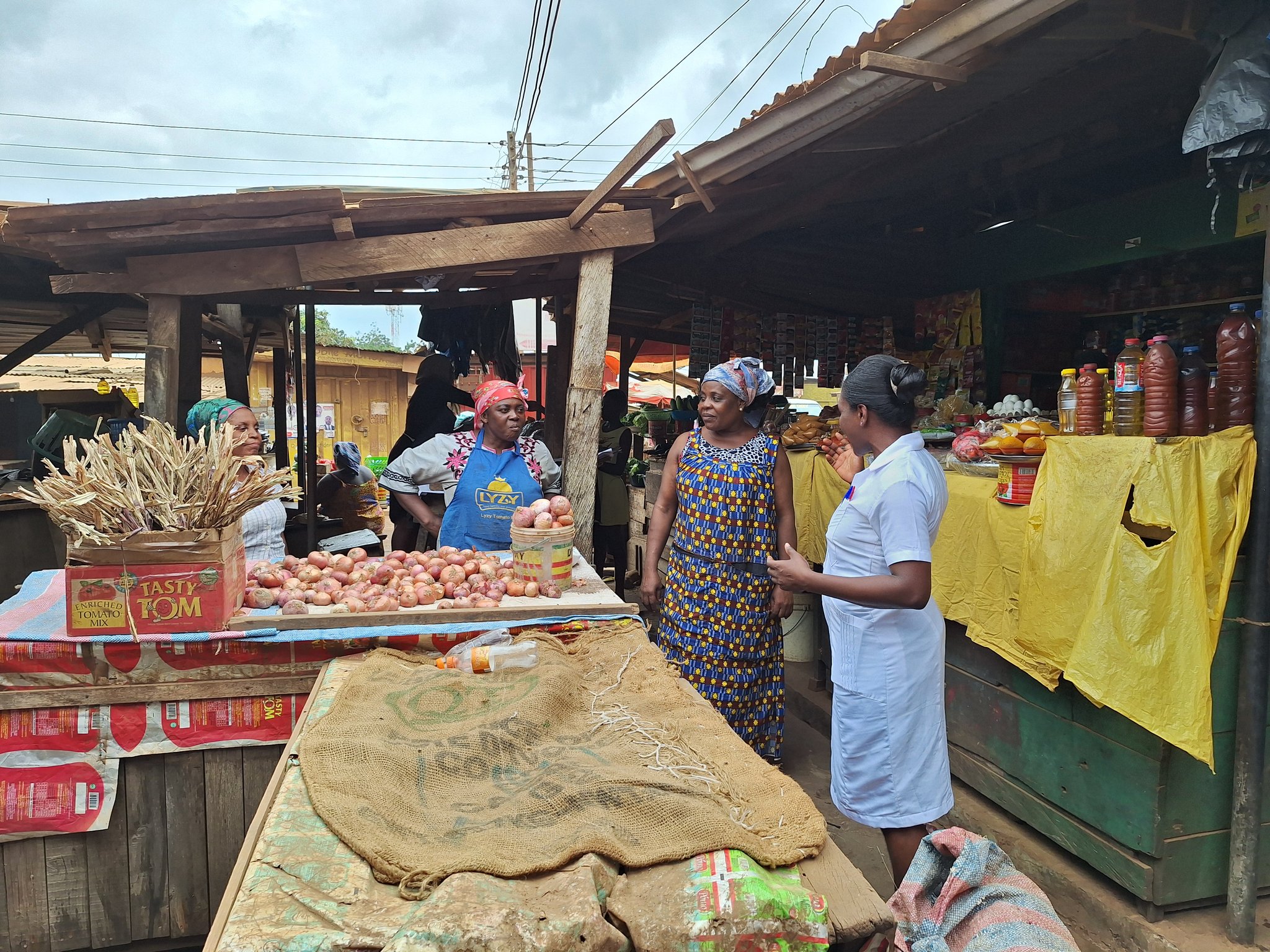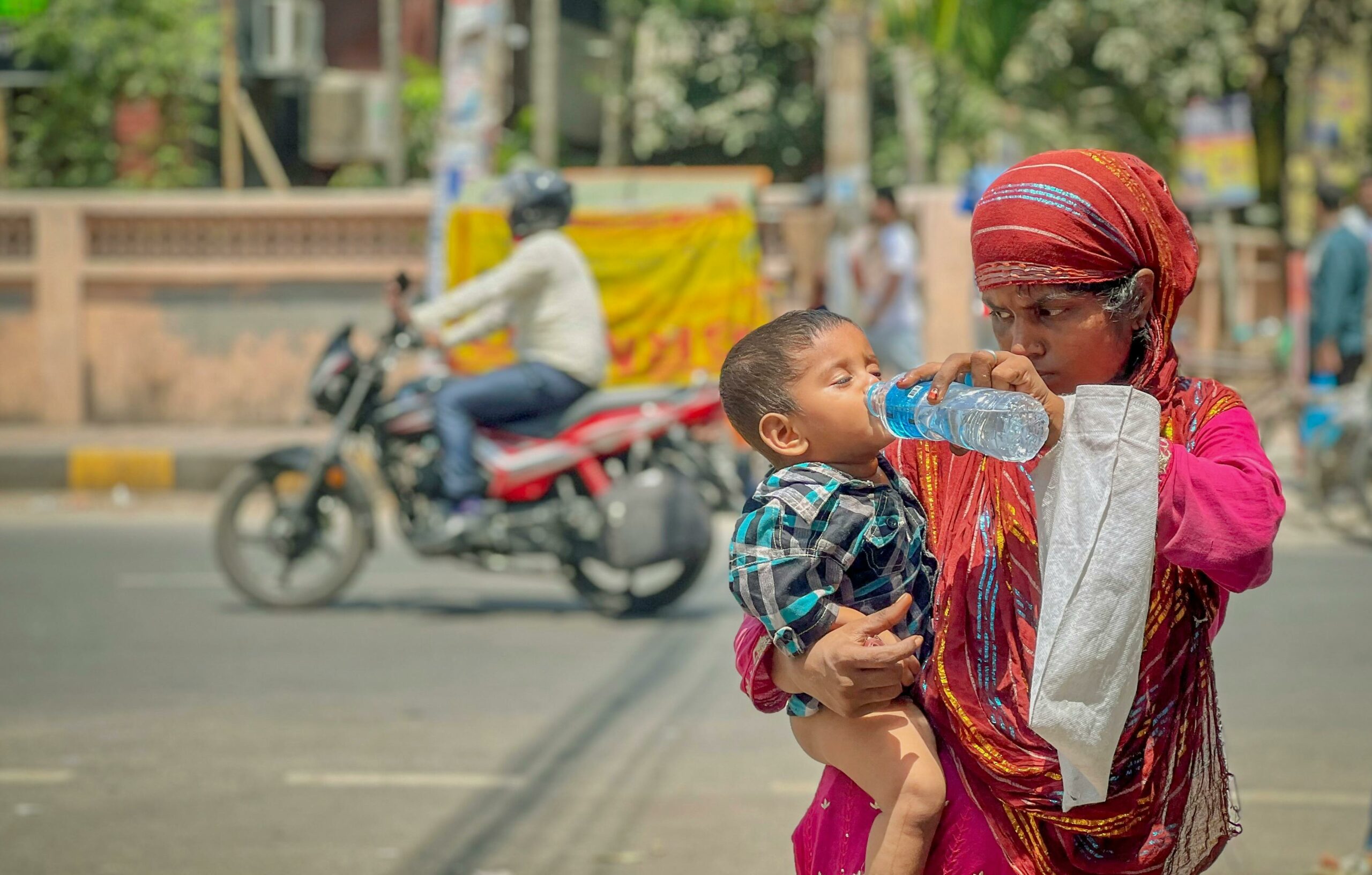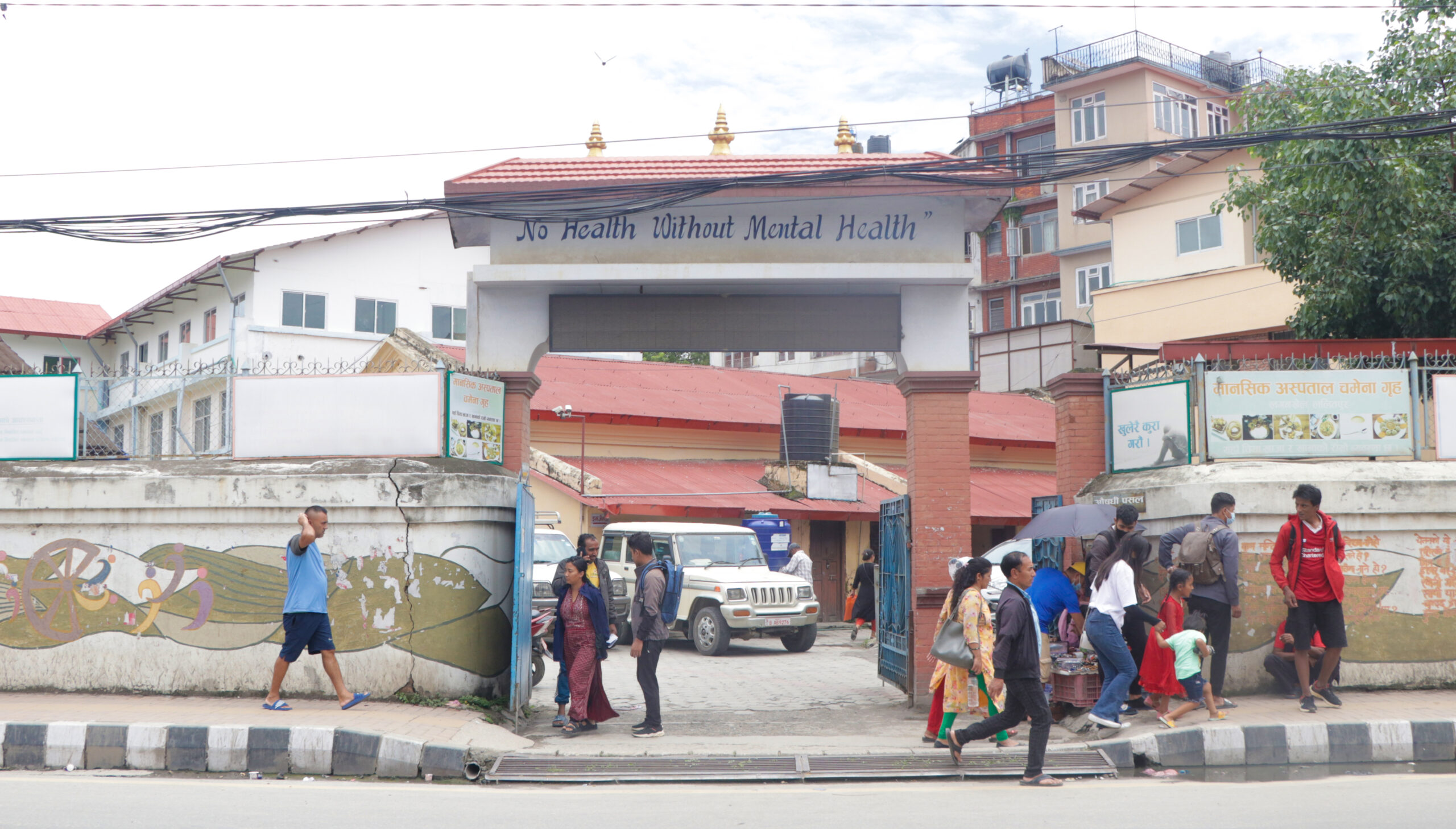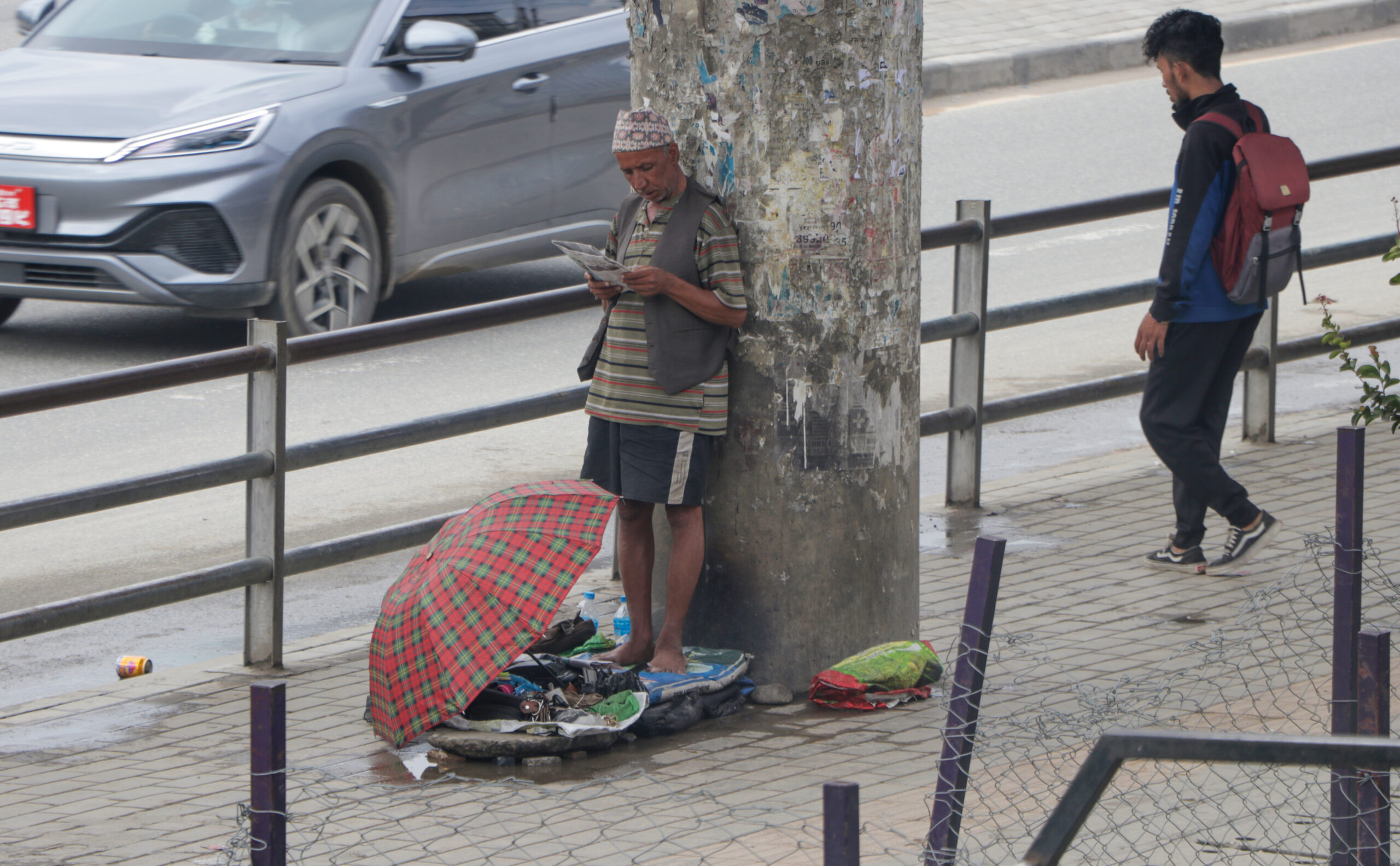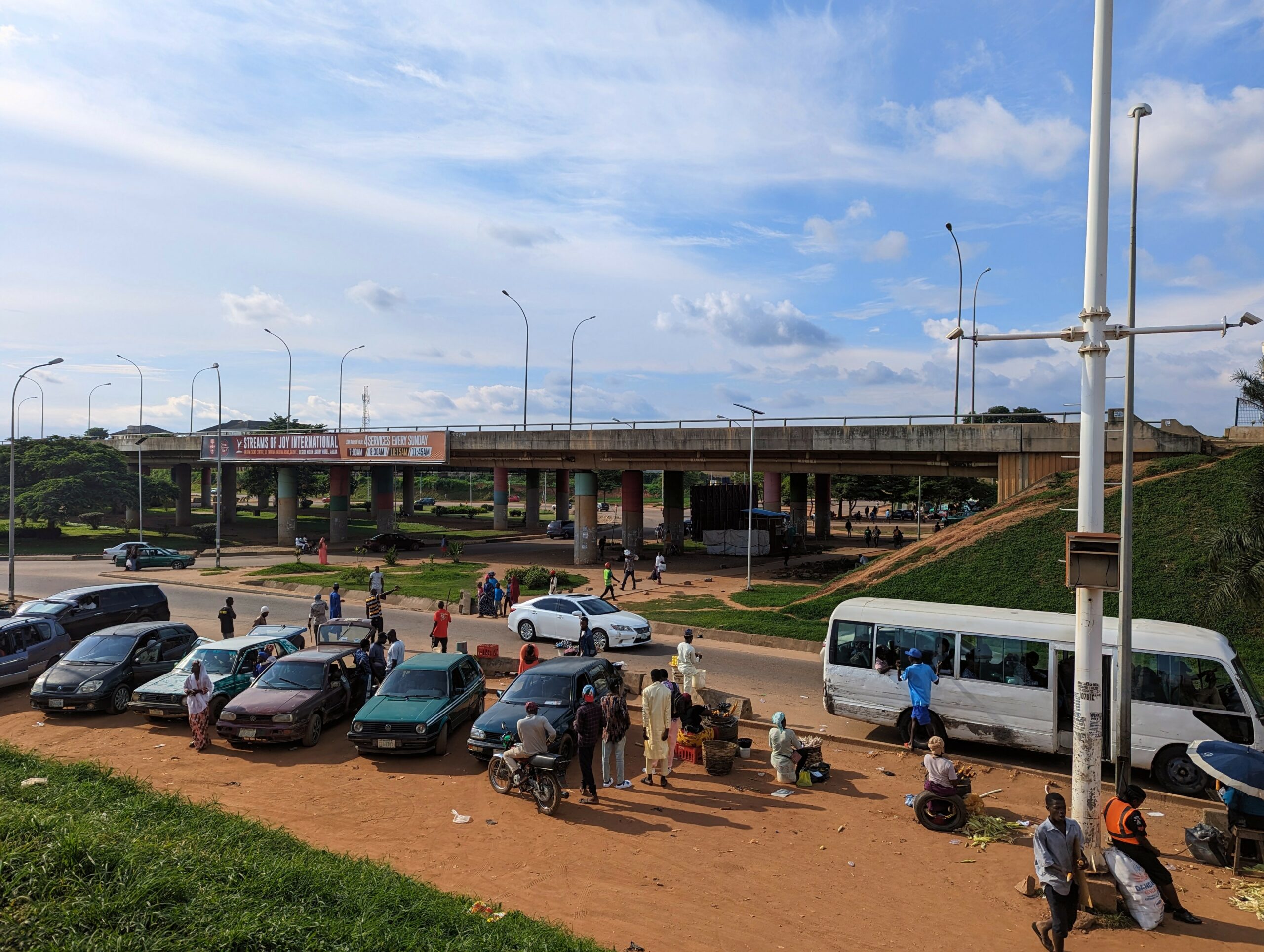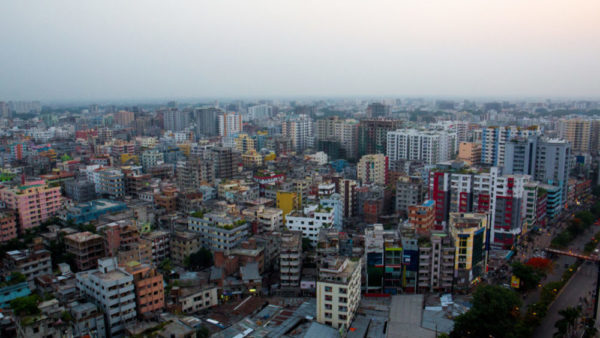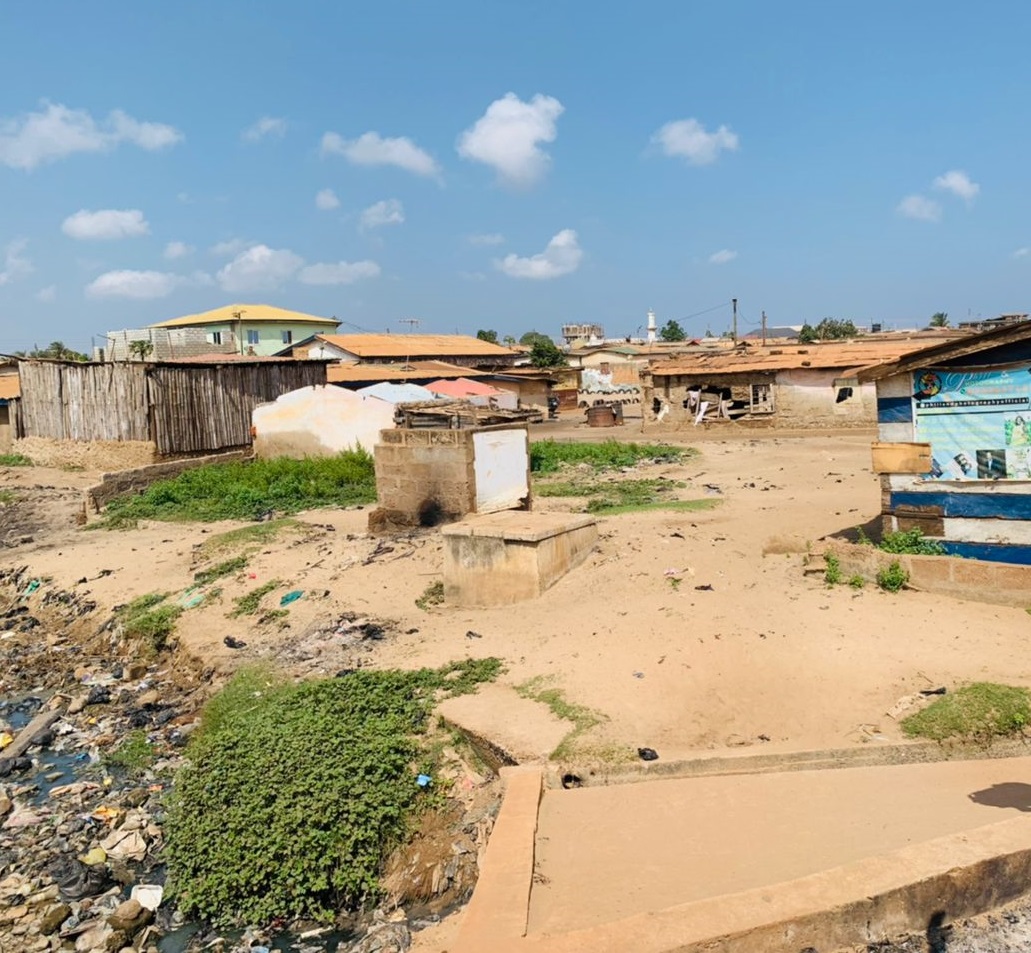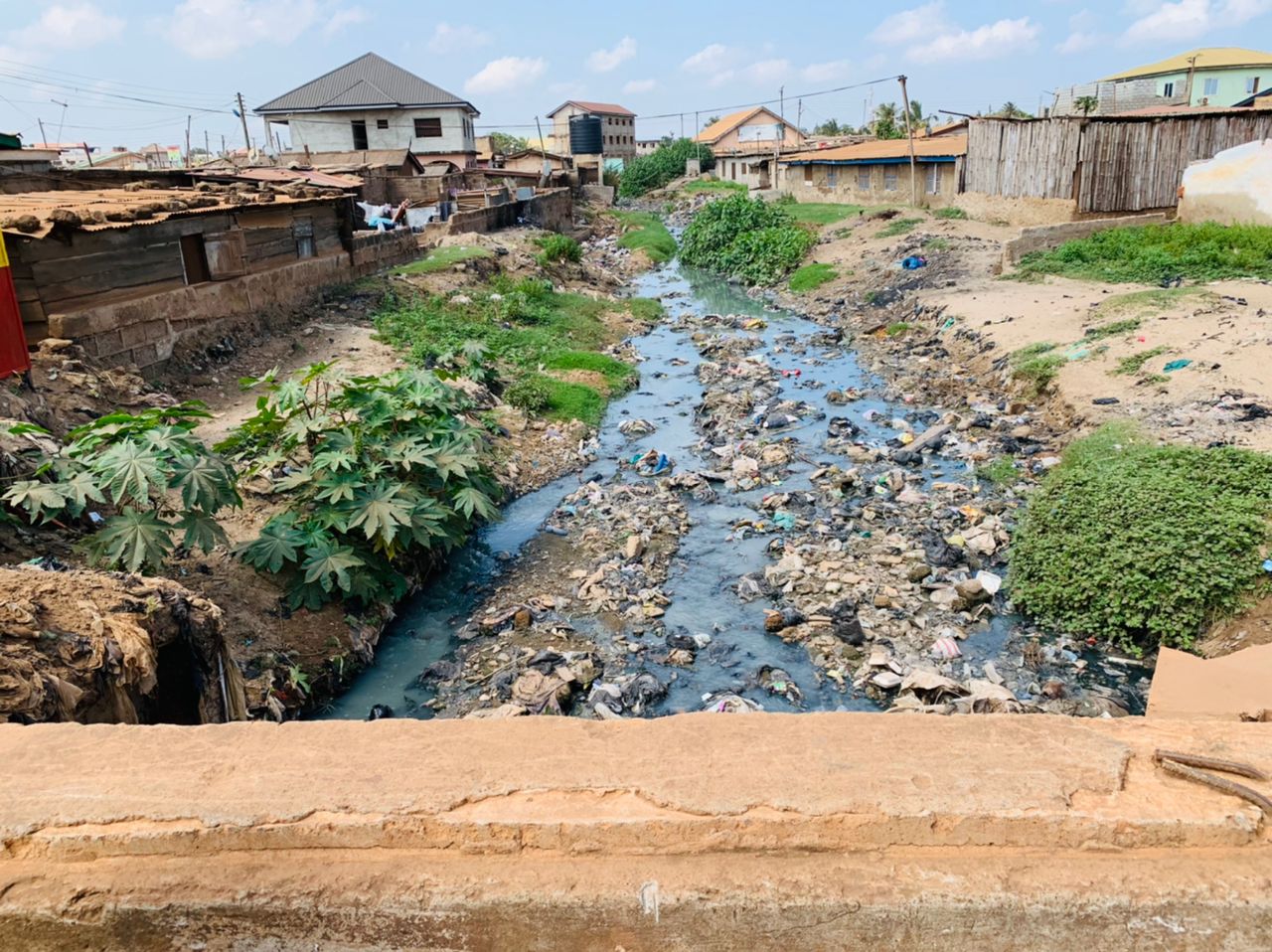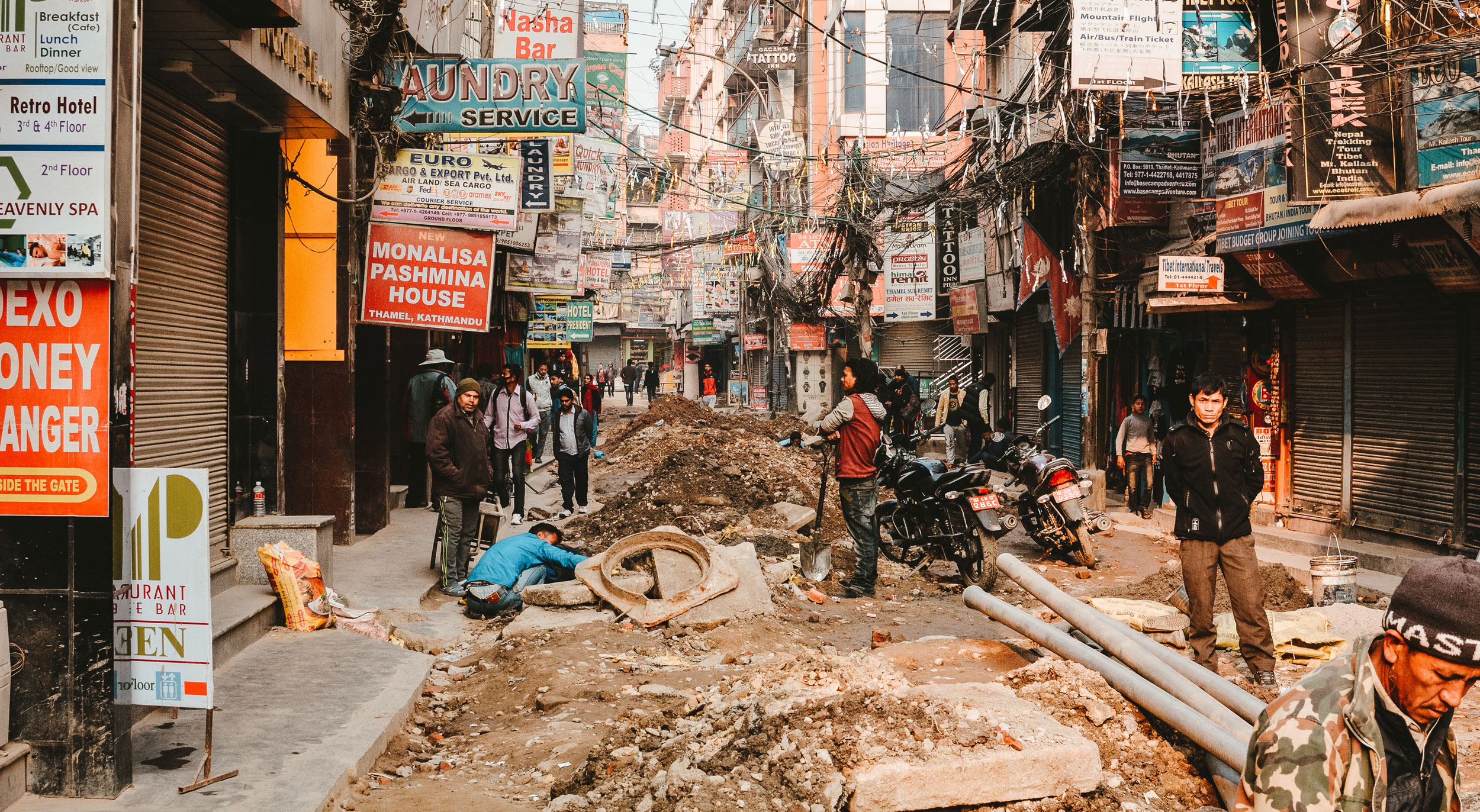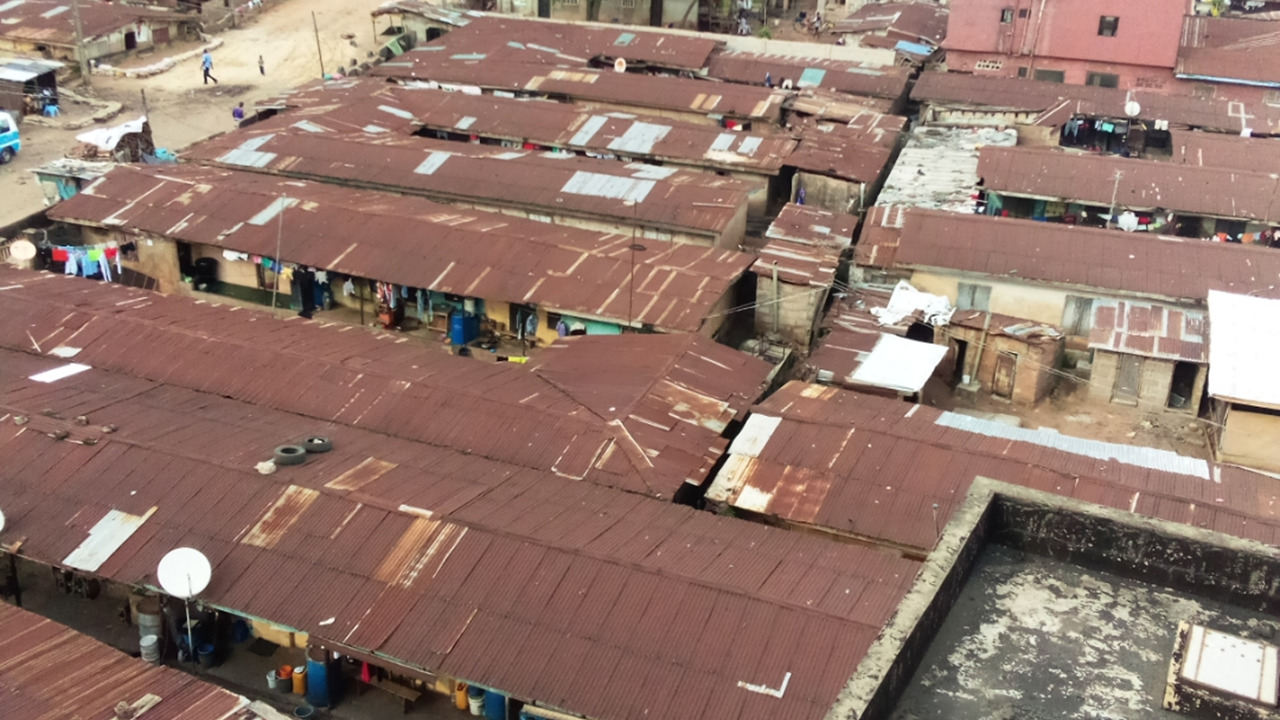
GHANA AND NIGERIA
Effective Health Communication for Urban Slums (EHCUS)

GHANA AND NIGERIA
Effective Health Communication for Urban Slums (EHCUS)
Understanding and addressing health communication needs of slum dwellers in Ghana and Nigeria by designing evidence based communication toolkits and model
In Ghana, Nigeria and other Low-Middle Income Countries (LMICs) in Africa and Asia, urban slums are fast growing. Urban slums are deprived communities that are characteristically dominated by the poor who may lack basic and decent infrastructure. Poor infrastructure and deprivation in general put residents in these communities into lower ranks of social stratification, affecting their participation in decision-making and in how they receive, understand, and respond to communication. Studies have documented the exclusion of urban slum dwellers in health policy and programmes leading to poor uptake of health services. These are a unique setting, hence the need to ask and assess how best health communication can be conducted in urban slums.
This project broadly seeks to:
- Help policymakers and those in health-related programmes to understand the health communication gaps in slums and how best to fill them, and
- Help slum residents understand health policies, programmes and services, and know how to utilize such for advocacy/enforcement and improvement of health services uptake and health outcomes.
The research is an exploratory study that will use a participatory approach, involving all stakeholders (sector-relevant policymakers, public relations officers in health ministries, community leaders in slums, civil societies etc.) relevant to health communication in slums. Data gathered will be used to develop unique health communication toolkits and models for slums using the Activation Theory of Information Exposure and Easy Attractive Simple Timely (EAST) frameworks).
This is a cross-country study in Ghana and Nigeria that would improve cross-learning while encouraging multi-sectoral collaborations between health, media/public relations, education and human rights in improving health communication in urban slums and reducing health inequities.
Lead Researcher: Delali Kumapley (University of Ghana)
Co-PI: Dr. Prince Agwu (University of Nigeria)
Co-Researchers: Selase Odopey (University of Ghana), Chinelo Obi and Ifunanya Freda. (University of Nigeria)
Mentors: Dr. Victoria Ogọegbunam Okoye, Lecturer – Black Geographies, University of Edinburgh and Dr. Felix Obi, Programme and Country Manager, Results for Development (R4D), Nigeria
Lead Institute: University of Ghana


